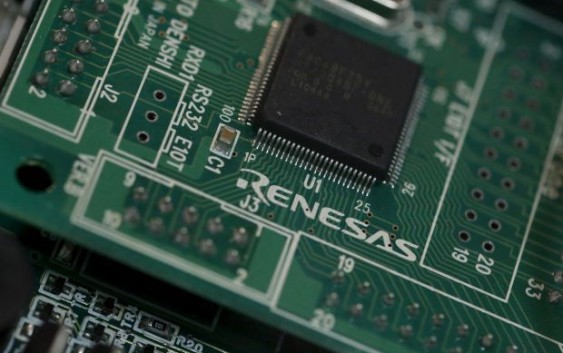The Star – April 20, 2016 – TOKYO: Japanese automotive chipmaker Renesas Electronics said aftershocks were keeping it from installing replacement equipment at a quake-hit plant, raising the prospect of delays for the global supply chain for automakers.
Renesas holds 10.5% of a US$30bil (RM116.56bil) market for chips that are used throughout vehicles, in critical areas such as engines as well as in frills like assisted parking, according to research firm Gartner.
The company said the replacement equipment was available but it was still assessing when to install it, and that it had not decided when it would restart the plant in the south, where operations were halted following a series of earthquakes measuring up to 7.3 magnitude.
“We have begun a re-examination following the major quake on April 16, but since yesterday we have been able to confirm the safety of the clean room and have been able to start it,” the company said in a statement.
“We are currently confirming the detailed condition of our facilities.”
It was not immediately clear which companies the Kumamoto plant supplies, but brokerage firm Nomura said the plant was one of the company’s main bases for microcontrollers and produces automotive and general-purpose microcontrollers.
Overseas automakers accounted for about 40% of its automobile-related chip sales, while domestic automakers, including Toyota Motor Corp and Nissan Motor Co, account for roughly 60%, according to the company.
Renesas, which suffered significant damage at its semiconductor plants in northeastern Japan in a big 2011 quake, leading to months of delays to the global supply chain for automakers, previously said it had not been stocking extra inventory for risk management purposes since that disaster.
However, it has begun to standardise more parts across various models to enable in-house production at alternative plants during emergencies.
Renesas reiterated on April 18 alternative production was part of its business continuity plan, but whether it could implement that plan depended on clients. It declined to comment on the possibility of increasing production at other plants.

